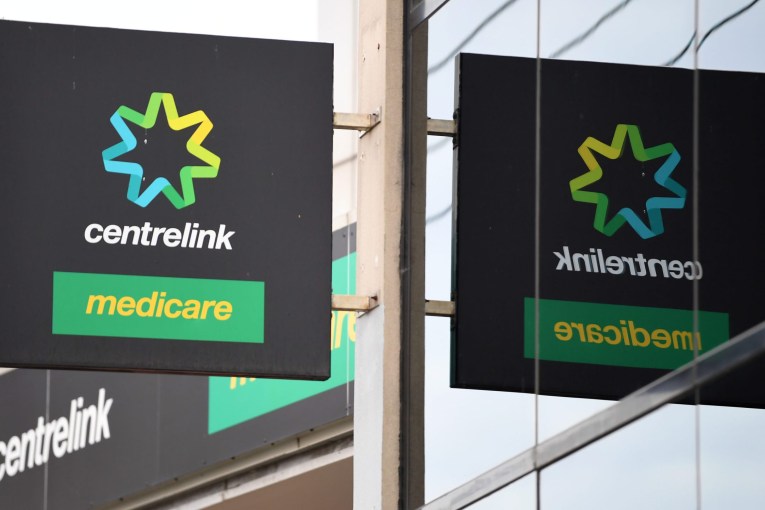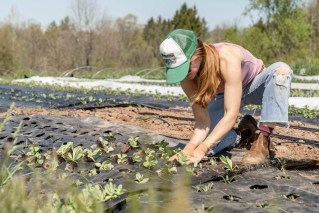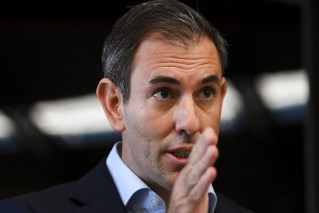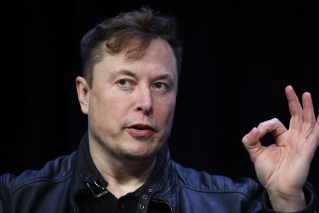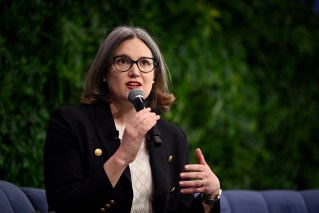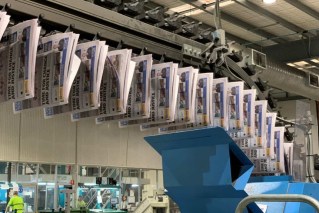Private sector cash holds key to future infrastructure, say economic leaders
The Palaszczuk government is looking for more private investment to help Queensland realise its potential as an economic powerhouse.
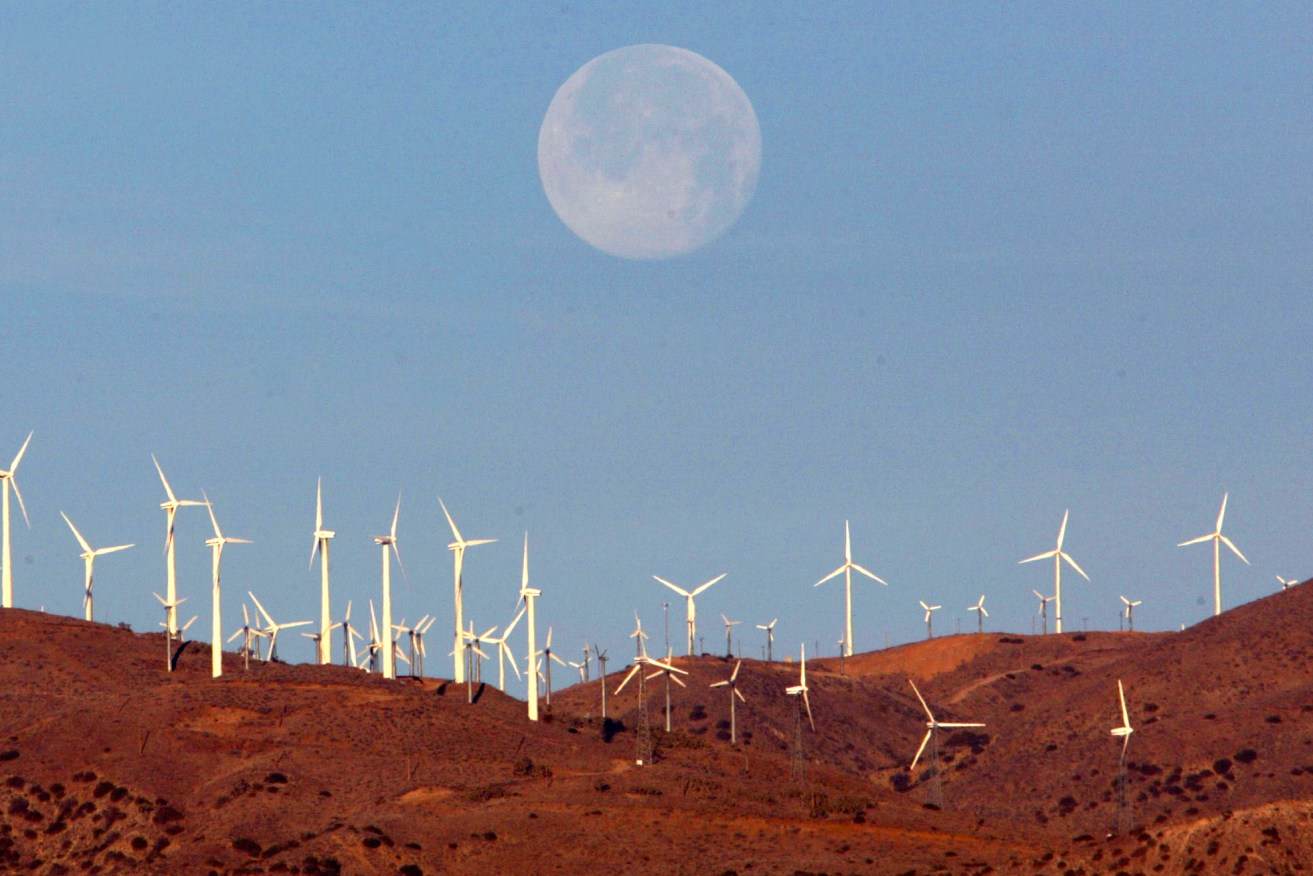
Private investment is necessary for major infrastructure projects including renewables. Photo: REUTERS/Toby Melville
A day after Treasurer Cameron Dick added investment to his portfolio responsibilities, a panel of public and private sector experts has discussed the need for government to better leverage the private sector, particularly for infrastructure funding.
The panel, hosted by the Queensland Futures Institute, provided a mix of perspectives on the challenges and opportunities for the state but found consensus on key themes.
Queensland Investment Corporation CEO Damien Frawley said state debt – including $4 billion in borrowings used to fund Labor’s election commitments – was “escalating” and a different approach was needed.
“You don’t need to be Einstein to realise we need to come up with a solution that includes both debt and equity, and private equity … to do some of the lifting around infrastructure development,” Frawley said.
The head of economics at Queensland Treasury, Dennis Molloy, said the government had to focus on the conditions for private investment, such as competitiveness, productivity, and the right infrastructure long-term.
“The government can’t continue to stimulate the economy forever, we have to go back to the private sector as a driver for growth,” Molloy said.
Philip Noble, the chief executive of Queensland Treasury Corporation, said that if state debt was balanced against state assets – which he emphasised had largely remained in public hands – Queensland was “in a strong position”.
“I believe we have the best quality balance sheet of all the states in Australia,” Noble said.
While Noble agreed with the need to attract more private investment, to capitalise on overseas interest in Queensland and Australia, he said it would take time and should be a longer-term strategy.
“The pathway is not easy, it’s always difficult to do those sorts of things,” Noble said, with the government’s immediate focus on existing jobs.
Noble said Queensland needed population growth of at least 1.5 per cent – the latest budget updated predicted half that rate in 2020-2021 – from both interstate and overseas. He and Frawley said decentralisation strategies could work in Queensland.
Reflecting on the recent election campaign, and the travels of the political leaders, Frawley noted “regions are so important these days in electing political parties”.
Molloy said significant economic shifts both before and throughout the pandemic, such as more people working remotely, could allow Queensland to grow and diversify the economy. He suggested Queensland would be attractive to those wanting to live in a safe, secure and enjoyable location, where they could still do business with the world.
“If we can get our digital infrastructure right and we continue to produce good quality graduates, and it’s a great place to work, we’re going to be a very attractive destination for high wealth individuals from overseas,” Molloy said.
LGIAsuper CEO Kate Farrar said that, domestically, Australia might need to adopt a US-style system where more people move for work.
However, Farrar was confident renewable energy projects in the regions could be used as a catalyst for decentralisation and co-location of industries. Again, the argument was made for 10 and 15-year plans to guide Queensland’s economic transformation.
Molloy said Queensland could aim to make low-cost energy a competitive strength, however the panel struggled with the issue of water security.
Farrar suggested more needed to be done in demand-side management of both water and energy to improve sustainability.
Frawley questioned the decision to revisit the Bradfield Scheme – Labor and the Liberal National Party have both pursued modern versions of the old water redirection program – as “things get dryer and get harder”.
“The whole Bradfield thing sounds great on paper … but it’s a massive, massive spend,” Frawley said.
“I don’t think anyone would have any idea how much that thing would cost despite the best analysts in the world trying to work it out. I’m not saying it’s a bad idea, i just think it’s a massive idea and there’s got to be a reason governments haven’t been there.”
The panel also discussed trade tensions with China, the US election, and the need to ensure no regions were left behind in Queensland’s economic recovery or, in the case of women and young people and indigenous communities, further disadvantaged.
